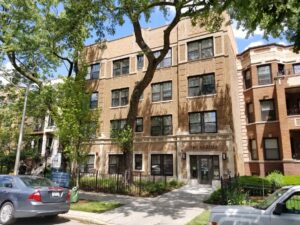Indiana has revamped its state tax credit programs across the board in 2021 to improve the benefits to prospective developers in the state, ushering in a new wave of interest in the usage of the programs. Most notably for the real estate community, the IN DINO program expired and was replaced with the Indiana Redevelopment Tax Credit (the “RTC”).
Under the previous Indiana DINO tax credit program, developers could apply for tax credits based on the rehabilitation of buildings over a certain age, without special consideration to particular kinds of real estate. However, the credits were non-transferable, meaning that a developer had to use the credits themselves, or monetize them by bringing a state tax credit partner into the project through a complicated master-lease structure, requiring multiple ownership entities and a commitment between the tax credit investor and the project owner. This resulted in higher levels of third-party legal and accounting costs, and lower overall net pricing to account for the time required for the tax credits to be generated and ultimately used.
The new RTC program expands the focus on redevelopment in the state to make the credits easier to use, making them transferrable to a third party and also allowing the eligibility of Brownfields and hazardous redevelopment sites, making more projects eligible to receive tax credits in the Hoosier state. Moreover, the simpler monetization process allows for increased equity to the developer by using differing pricing levels and less money and time spent on third-party costs to accommodate the structure under the old program. It also ushers in a new class of investors to purchase the Credits, who at first were unable to due to the narrower investment process.
Clocktower continues to have very high levels of investor interest in purchasing Indiana Tax Credits, and an understanding of the process needed to monetize Credits for projects of all sizes across the Hoosier state. For more information on the program changes, or if you are looking to monetize your new incentives, please call associate David Curtis at (978) 440-0742, or email him at DCurtis@ClocktowerTC.com.




